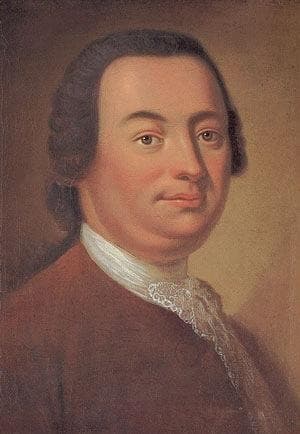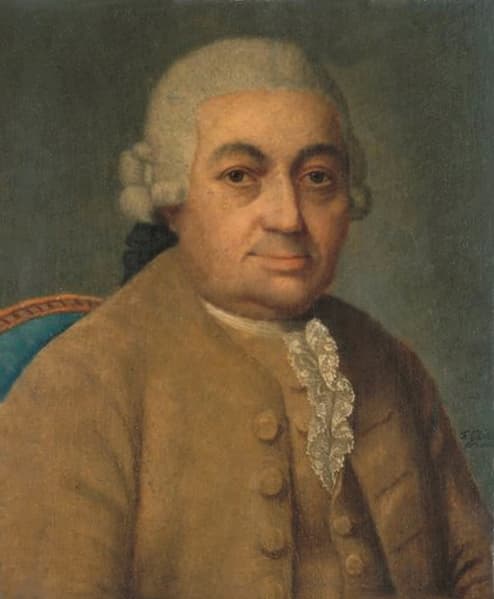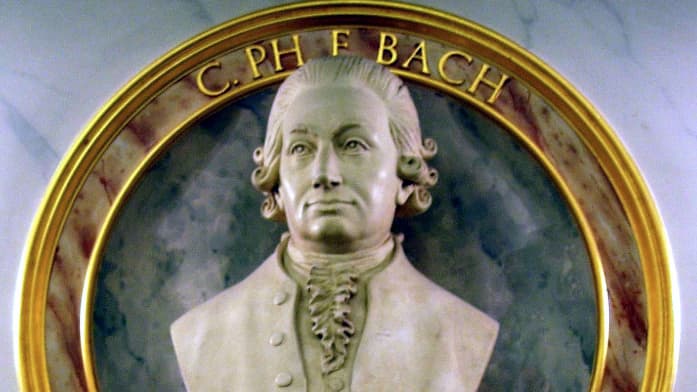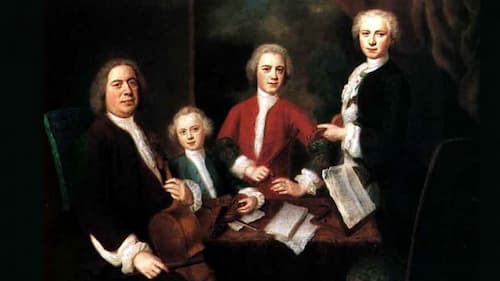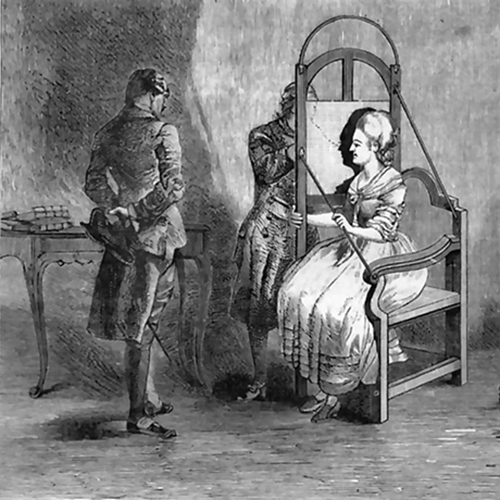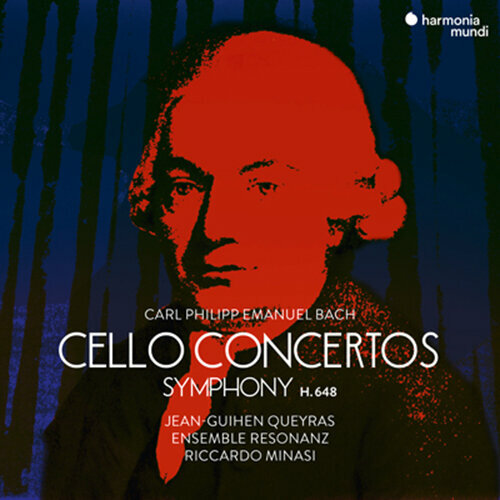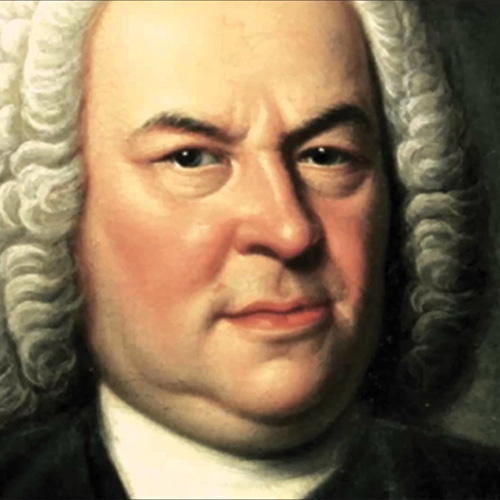Johann Christoph Friedrich, known as the ”Bückeburg Bach”, was born in Leipzig on 21 June 1732 and baptised two days later. He was the 16th of Johann Sebastian Bach’s twenty children and the 9th child from his marriage to Anna
Bach C. P. E.
Towards the end of 1713, Johann Sebastian Bach made a trip to the town of Halle to advise on the enlargement of the organ at the Liebfrauenkirche. The organist Friedrich Wilhelm Zachow—the revered and well-respected teacher of Handel—died in 1712,
C.P.E. Bach composed a number of character pieces for solo keyboard between 1754 and 1758. He used a French model, the pièce de caractère, and called his works Petites Pièces. The works were named after Bach’s friends and acquaintances. Although
On 2 November 1788, Carl Philipp Emanuel Bach wrote to a friend, “Since 18 September I have been very ill with gout and other ailments. Now my health is beginning to improve.” However, this period of improvement was short-lived, as
In his ground-breaking book on physiognomy, the Swiss writer Johan Kaspar Lavater (1741-1801) sought to find the face of God in the men around him. Taking literally the notion that God created man in his own image, Lavater, sought to
Concerto for violoncello, strings and basso continuo H. 432 (Wq 170) A minor III. Allegro assai From CPE Bach – Concertos for Cello & Symphony H. 648 (2018) Released by Harmonia Mundi C.P.E. Bach: Concerto for violoncello, strings and basso
Johann Sebastian Bach was part of an extensive Saxon-Thuringian family that produced an unparalleled and almost incalculable number of musicians. From fiddlers and town musicians to organists, from Kantors, court musicians and Kapellmeisters, member of the Bach family extensively populated

